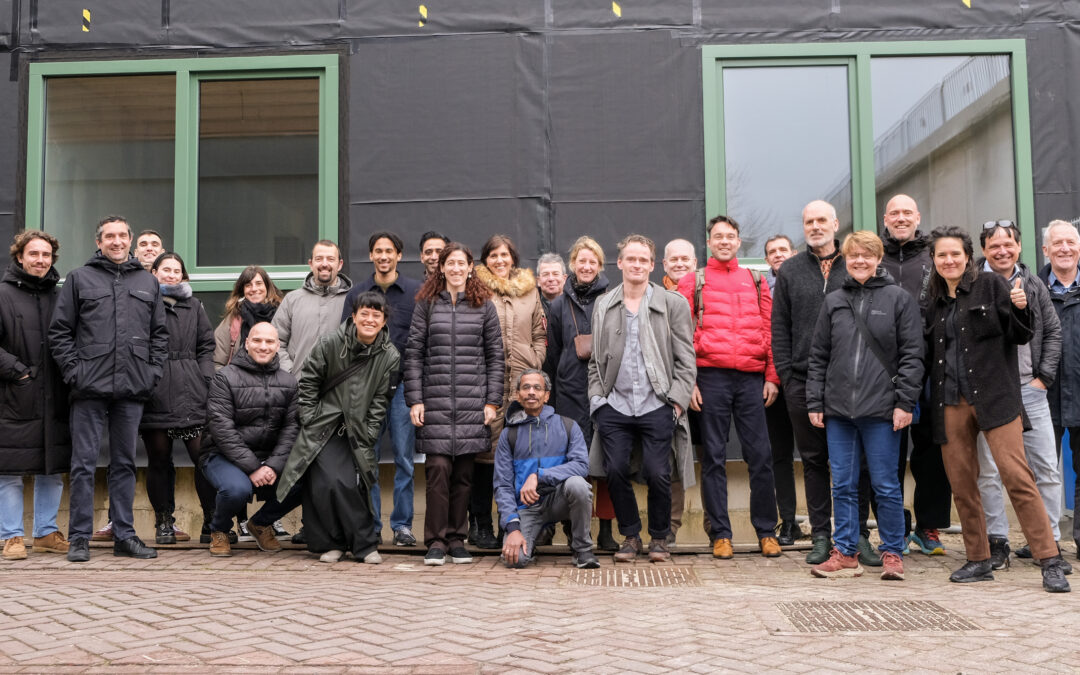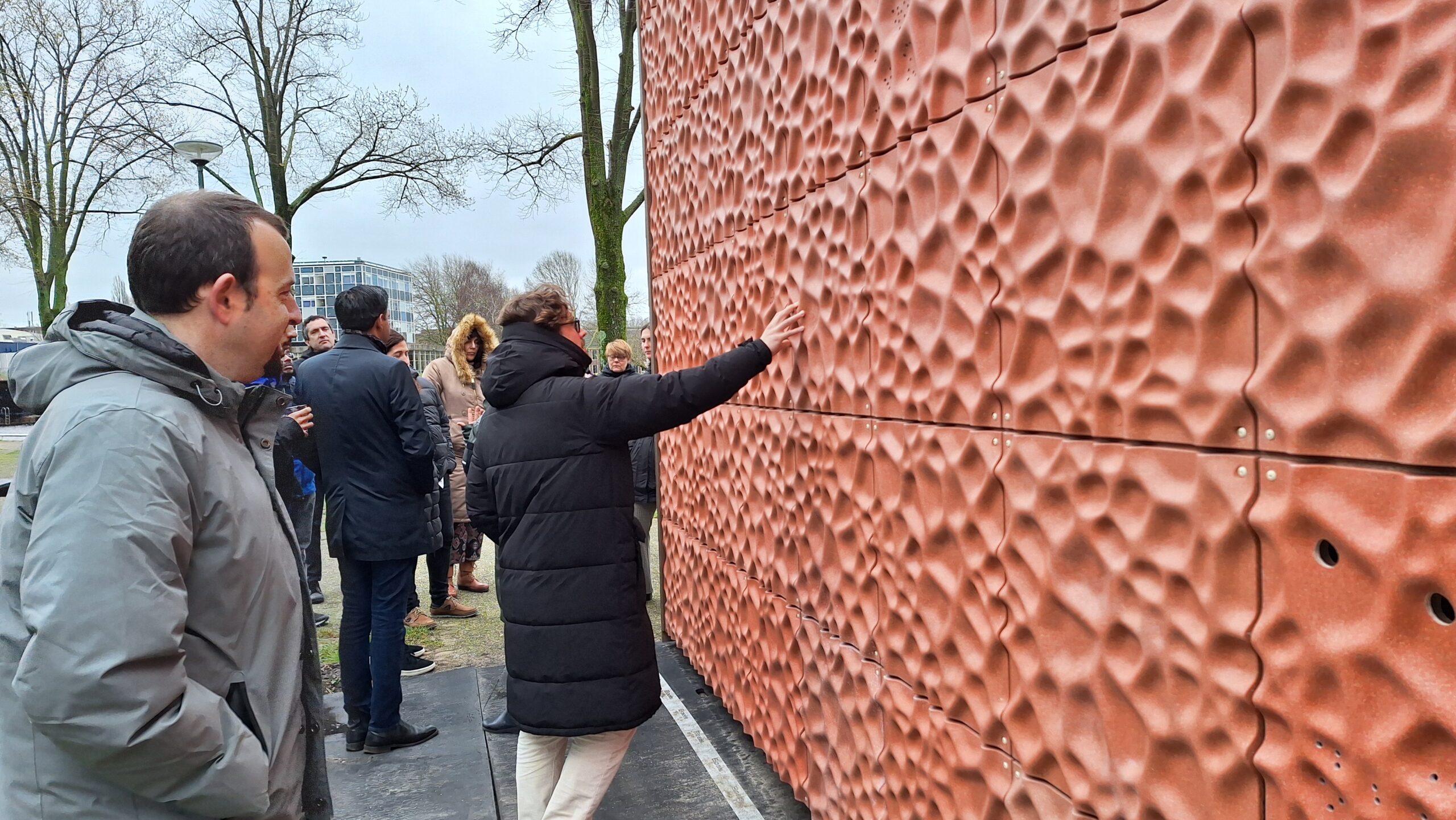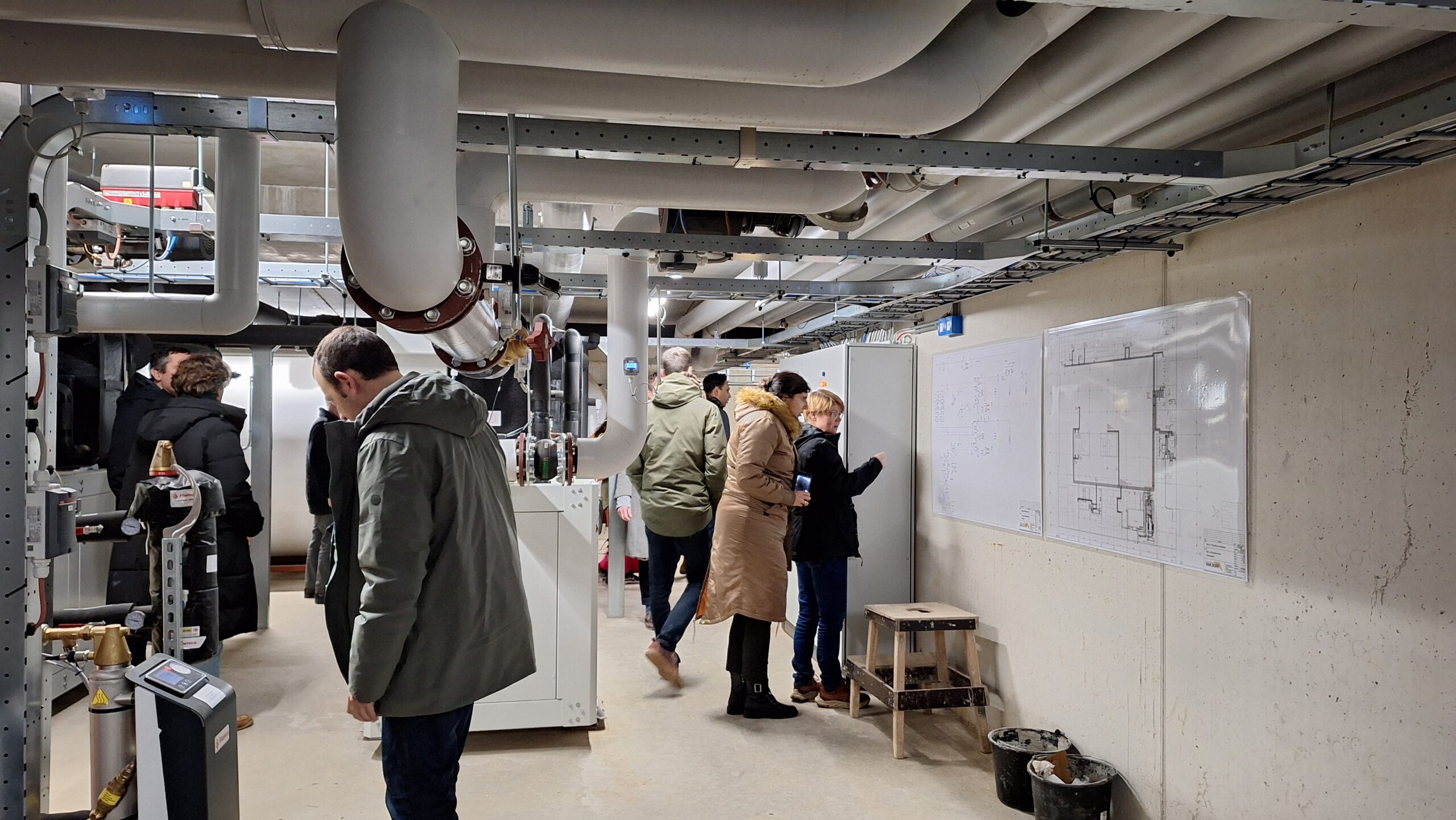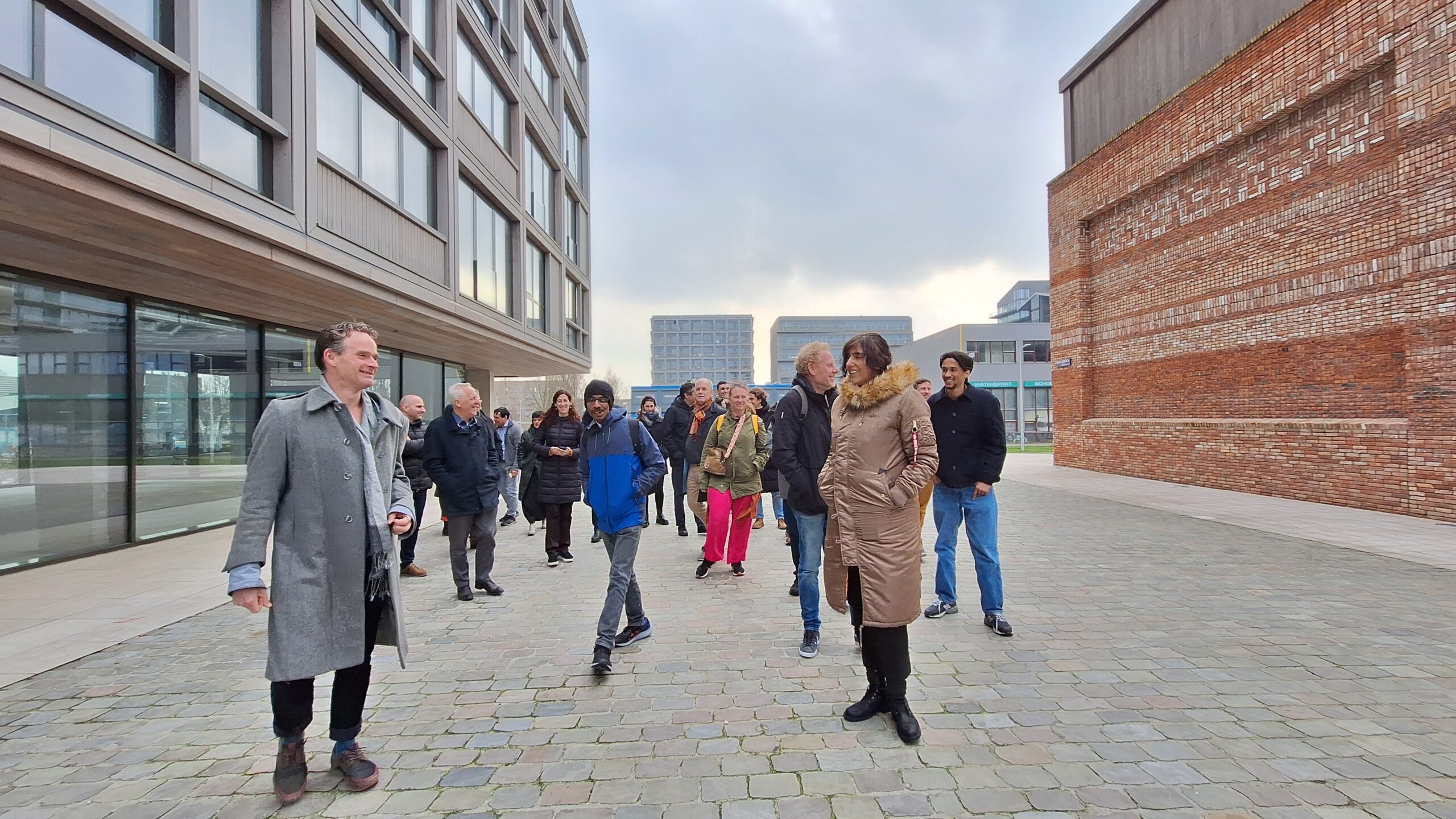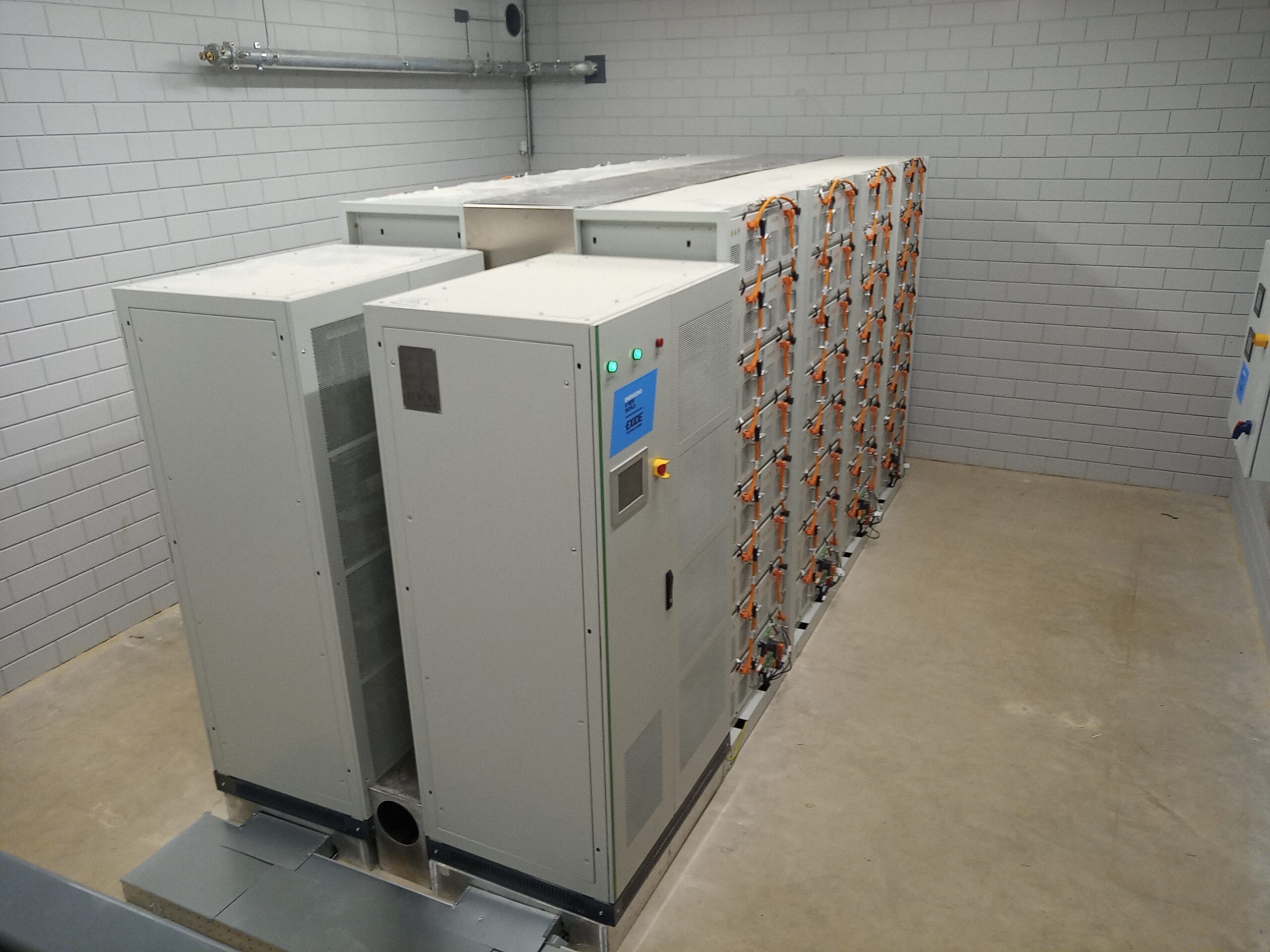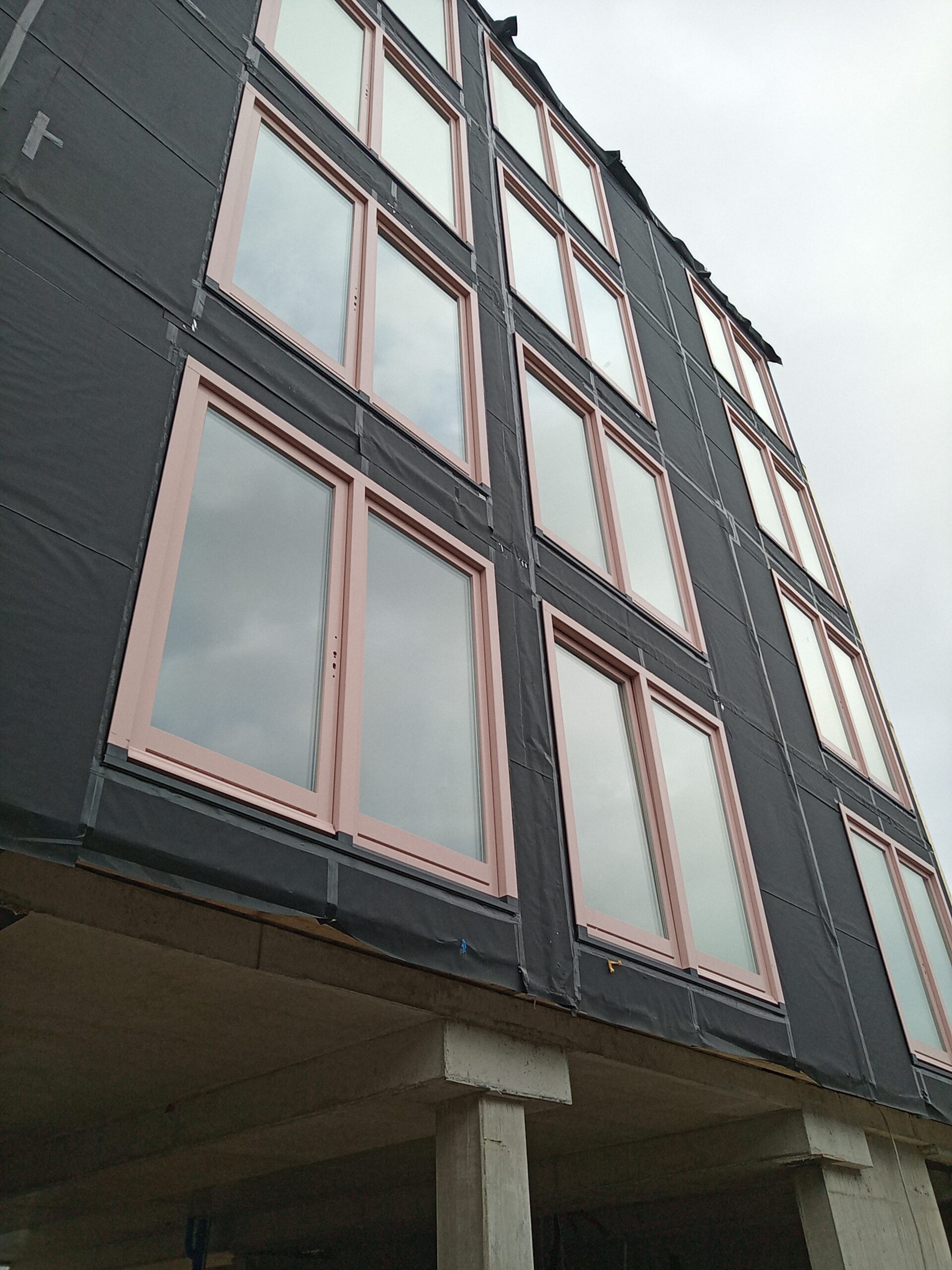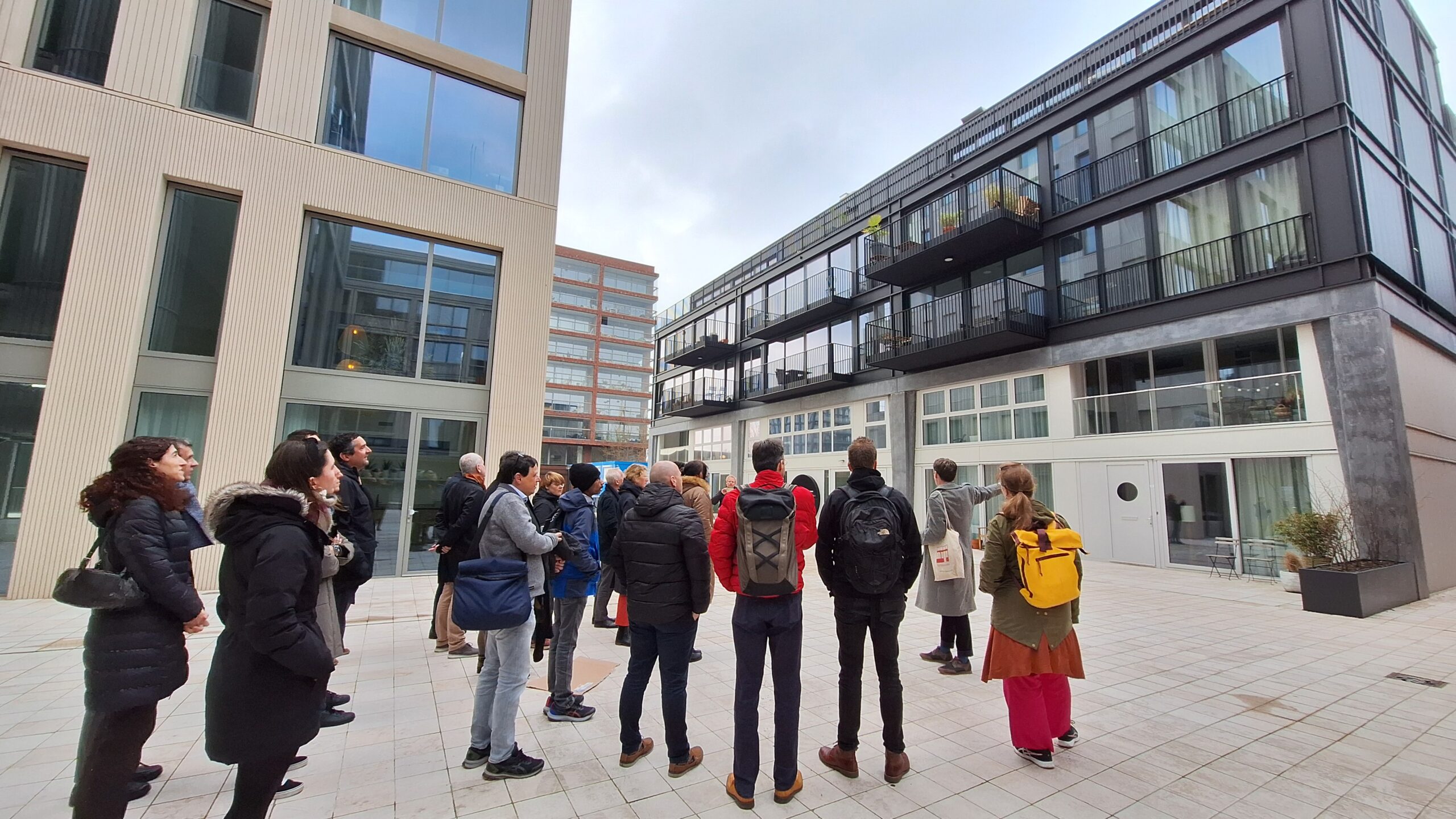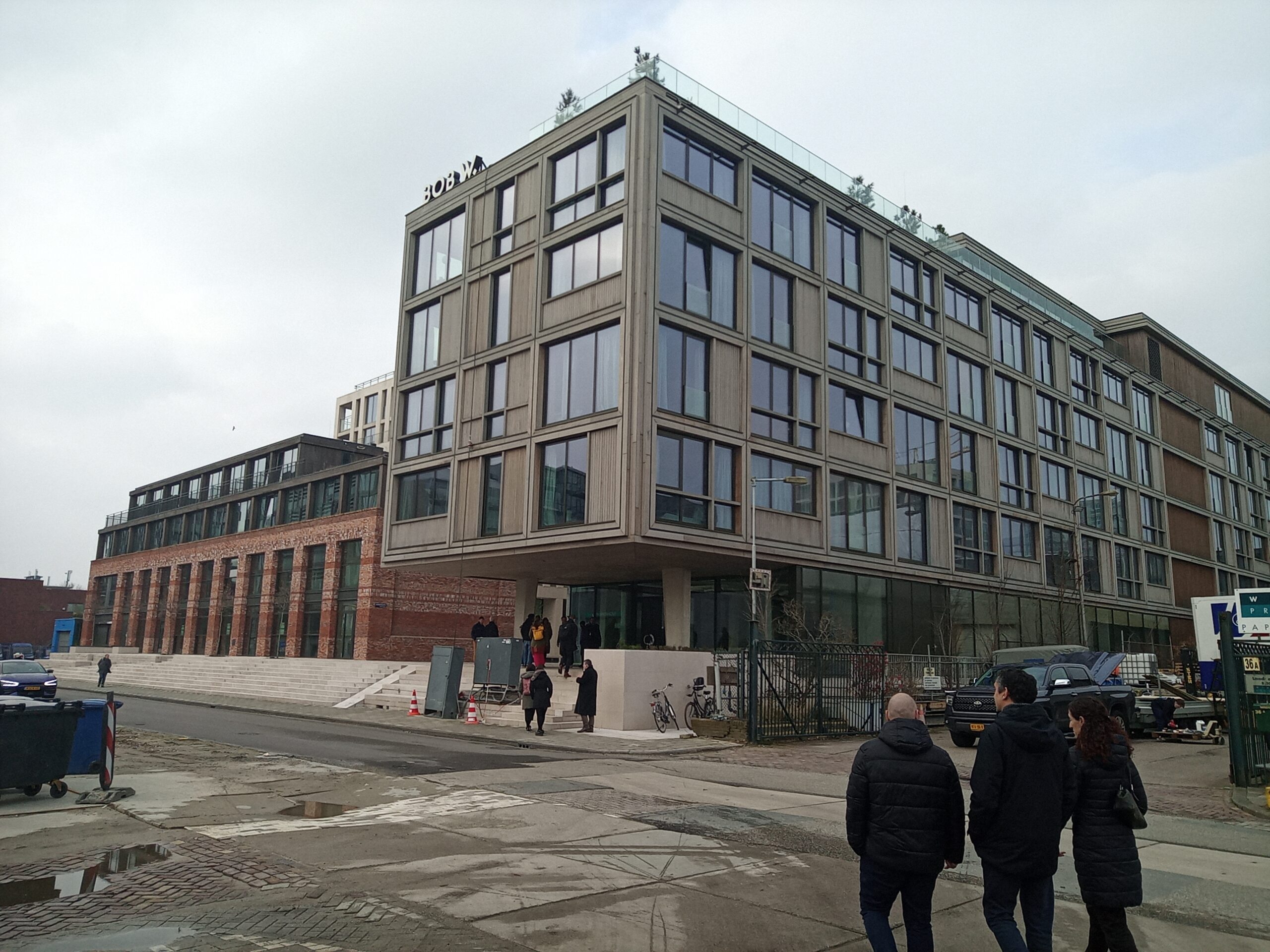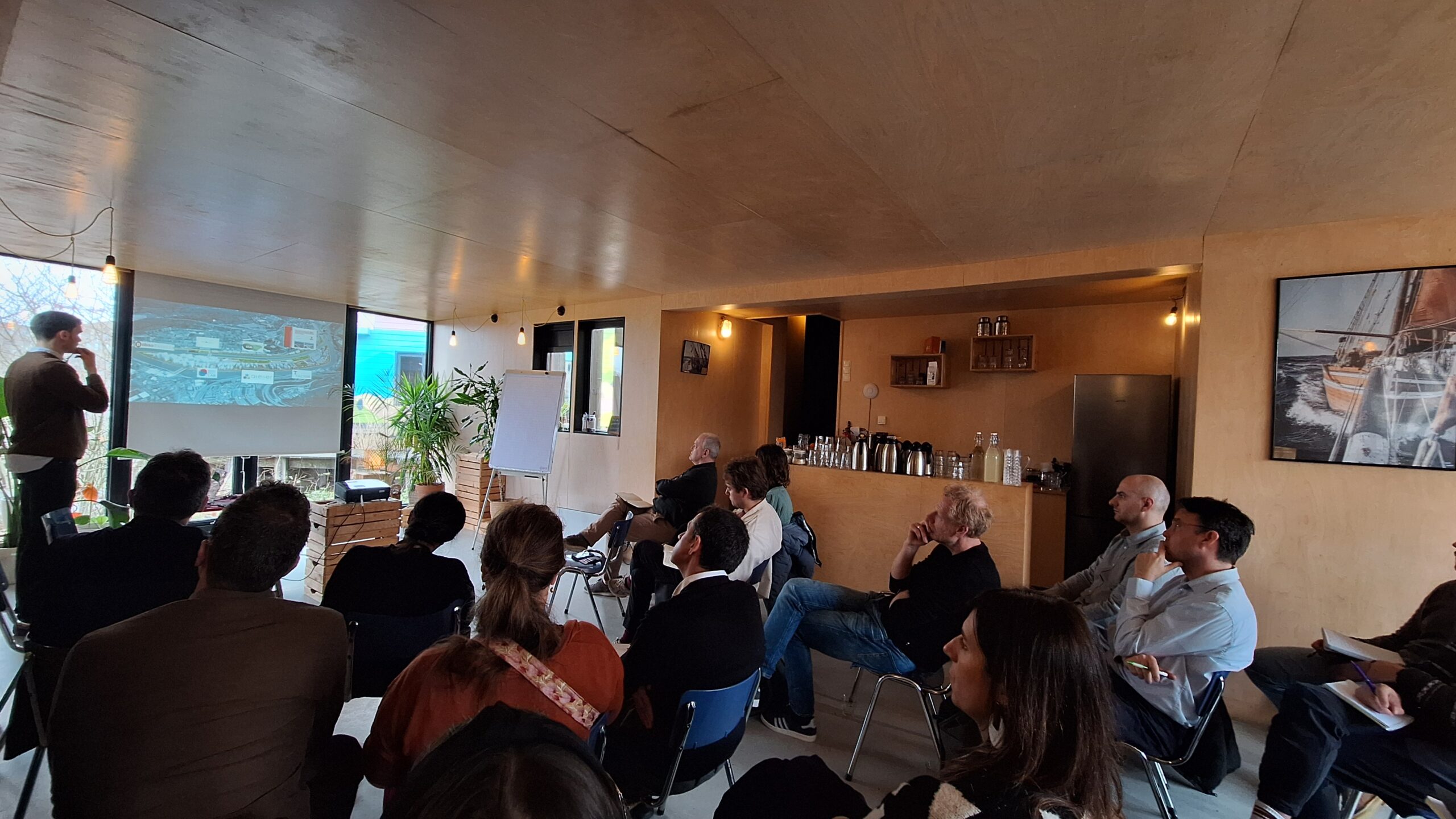On March 12 and 13 2024, the second technical site visit took place in Amsterdam. It was initiated by the technical partners of the Lighthouse cities to meet their counterparts.
The focus of the first day was on the Innovation Ateliers and how to sustain the network after the project. Two models for both Amsterdam and Bilbao were presented.
For Bilbao, the Basque Energy Cluster has the mission to increase competitiveness in the sector through collaboration. They have a wide regional network of business, knowledge partners and public authorities in different fields of the energy sector. With 8 focus areas (such as wind energy, solar, smart grids) activities are carried out by working groups; smaller teams of relevant partners with a dedicated outline and procedure. Bilbao Innovation Atelier is proposing to set up a Business and Technology Working Group and invite all current ATELIER partners to participate.
In Amsterdam, Amsterdam Smart City (part of Amsterdam Economic Board) has the mission to “create better streets, neighborhoods and cities”. The 31 partners of this network and 8.000 members of the innovation community are clustered and invited based on different challenges. They follow a value driven approach with facilitation of cross organizational cooperation by means of forming coalitions. In the follow up discussion, the participants were positive to further explore the collaboration between Amsterdam Innovation Atelier and the open platform of Amsterdam Smart City.
This session was followed by presentations of the project developers and site visit to the PED area; Poppies and Republica. At Republica, Machiel Brautigam guided the group through the public space, parking garage and basement with the 1MW battery and heat and cold storage installation. At Poppies, Edwin Oostmeijer, the architect and building manager showed the progress at the construction site. More than a third of the prefab living modules were already installed and some were accessible.
The second day was focused on in-depth technical sessions starting with a deep dive into the 5th generation district heating network in the Bilbao demo by TELUR, also presenting the monitoring of buildings already operating with Ground source heat pumps (GSHP). The questions and discussions were related to ownership, investment and business case, partners, roles, engagement, energy savings and the law to reduce energy in 10 years for public buildings, differences between low and high temperature network and climatology.
Furthermore, ATELIER project partner Deusto presented the status and outlook of the monitoring and evaluation activities with data for KPIs and needs. Discussion on challenges and potential solutions in terms of data collection also took place.
The main session of this day on the Local Energy Market (LEM) and Energy Management System (EMS) was hosted by Tecnalia. This session started with an inspiring presentation and demo from one of our sister project, +CityxChange, showing their real local energy flexibility market in Trondheim.
The EMS design, architecture and services in Bilbao and Amsterdam were presented by Tecnalia and Spectral, followed by the LEM developments and challenges in Spain and the Netherlands with Iberdrola and Spectral. An example from Amsterdam Schiphol trade park was shown. The questions and discussions addressed flexibility, the energy pricing process and business case.
The host of the day, AMS-Institute, guided the group though their open air Urban Living Lab. In this experimental public space, stakeholders are testing, developing and creating innovative solutions to address various metropolitan challenges.
In the last interactive session, Amsterdam presented their upscaling plan which translates the lessons learned in ATELIER to a PED strategy that is aligned with overall city climate ambitions. The main lessons relate to technical, governance and legal findings. Following this, AUAS divided the group in two to discuss the replicability of ATELIER solutions for Bilbao. What is the scalability potential with the barriers and relevance from a technical, governance and legal point of view? – and what are the critical conditions. The main discussion topics were related to the energy community challenges, legal issues and governance structure.
The two days were an intensive exchange of knowledge and activities, contacts were further improved and the participants look back on a successful event.
Author: Kim Nathalia, City of Amsterdam, Omar Shafqat, AUAS
Picture credits: ATELIER
